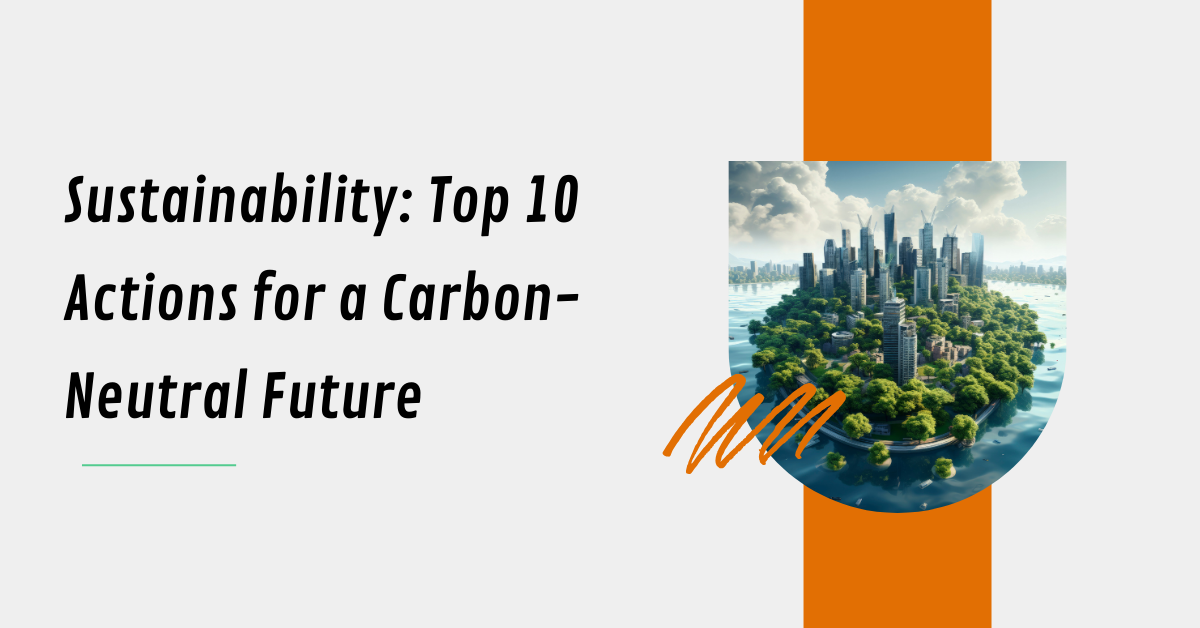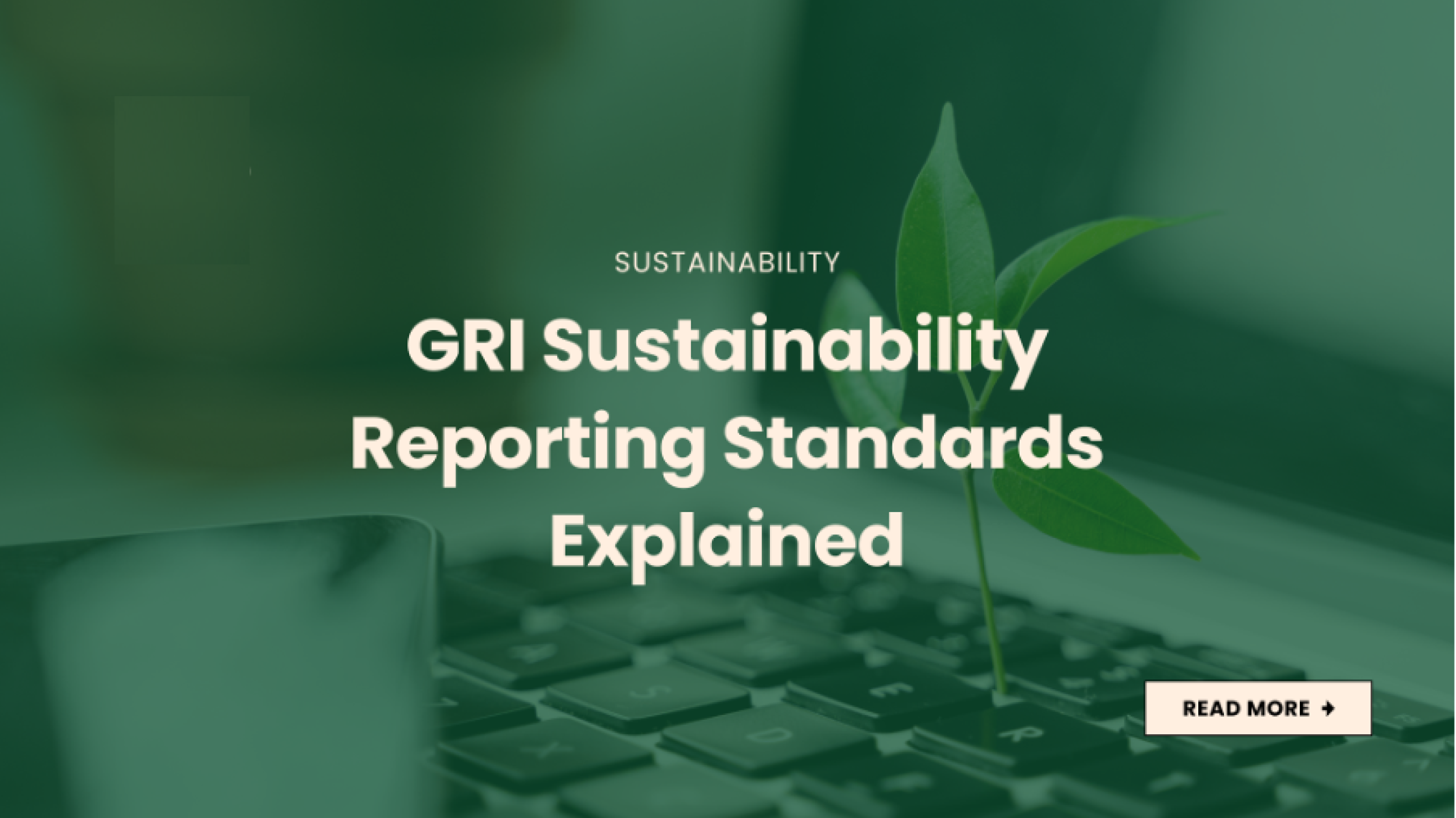In an era defined by environmental challenges and the imperative for corporate responsibility, sustainability has become more than just a buzzword—it’s a critical pathway toward a resilient future. Whether you’re a business leader, an entrepreneur, or an individual concerned about the planet, here are the top 10 things you need to know and do to embark on a sustainable journey:
1. Understand Your Emissions
Gain crystal-clear visibility into your direct and indirect emissions through rigorous evaluation. This foundational step involves assessing your carbon footprint across all operational aspects—from energy consumption to supply chain logistics.
2. Partner with Experts
Pioneer your sustainable journey by partnering with seasoned professionals who can help you architect a bespoke roadmap. Collaborate with experts to strategize emission reduction initiatives, adopt renewable energy seamlessly, and explore conscientious offsetting options.
3. Set Clear Goals
Establish clear and measurable sustainability goals aligned with global frameworks such as the UN Sustainable Development Goals (SDGs) or Science-Based Targets Initiative (SBTi). Define targets for reducing emissions, increasing energy efficiency, and promoting sustainable practices within your organization.
4. Embrace Renewable Energy
Transition to renewable energy sources to reduce reliance on fossil fuels and decrease your carbon footprint. Embracing solar, wind or hydroelectric power not only mitigates environmental impact but also enhances energy independence and resilience.
5. Optimize Resource Use
Implement resource-efficient practices across operations, from water conservation to waste reduction. Adopt circular economy principles that prioritize recycling, reuse, and responsible disposal of materials to minimize environmental footprint.
6. Engage Stakeholders
Involve employees, suppliers, customers, and local communities in your sustainability efforts. Foster a culture of environmental stewardship through education, training, and partnerships that promote shared responsibility for sustainable outcomes.
7. Measure Progress
Regularly monitor and evaluate your sustainability initiatives to track progress towards your goals. Utilize tools and metrics to assess environmental performance, such as carbon intensity metrics or lifecycle assessments for products and services.
8. Pursue Certification
Navigate the complexities of carbon-neutral certification with expert counsel. Achieving certification validates your commitment to sustainability and enhances credibility with stakeholders, customers, and investors.
9. Advocate for Policy Change
Engage in advocacy efforts to support policies that promote sustainable practices and address climate change at local, national, and global levels. Collaborate with industry peers and advocacy groups to amplify your impact and drive systemic change.
10. Foster Innovation
Drive innovation in sustainability by investing in research and development of green technologies, products, and services. Embrace innovation as a catalyst for creating value while minimizing environmental impact.
Conclusion
Embarking on a sustainable journey requires dedication, collaboration, and a proactive approach to addressing environmental challenges. By understanding your emissions, partnering with experts, setting clear goals, and embracing renewable energy, you can pave the way for a sustainable future.
At Climekare, we illuminate emission insights and empower businesses to achieve sustainability goals through tailored solutions. Our expertise spans from carbon footprint analysis to renewable energy adoption and carbon-neutral certification, ensuring a seamless transition towards environmental stewardship.
Join us in making a difference, to learn more about how we can help you navigate the complexities of sustainability and contribute to a healthier planet for generations to come. Together, let’s shape a sustainable future where businesses thrive in harmony with the environment.





